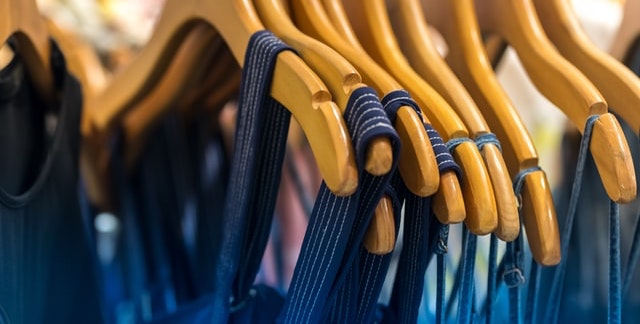However, for a while, some African governments have stood against the importation of ‘’ second-hand clothes” in a bid to boost local textile industries. African leaders have embarked on a mission to boost the economies or make industrialization a reality in Africa, as such, they need to back local entrepreneurs and trust their expertise.
Ways to promote textile industries in Africa
The influx of second-hand clothes in Africa over the years have had grave effects on local industries, thus stifling its growth. African president of the East African Community took it as a priority to troubleshoot what is impeding the growth of these infant textile industries.
Some years back, stakeholders from East African Nations like Rwanda, Burundi, Kenya, Uganda, South Sudan, and Tanzania met in Uganda in a move to chat the way forward in the history of manufacturing in the region. At the end of this meeting, the stakeholders resolved to develop ways to promote infant industries including textiles and apparels.
Mindful of the point that influx of ‘second hand’ clothes impede the growth of local textile companies, governments of Rwanda, Tanzania, Kenya, Burundi, South Sudan have resolved to face out and put a complete ban on imports of ‘’second hand” clothing by 2019.
The government of President Donald Trump of the USA became so had on Rwanda and Tanzania for imposing a ban on already used clothes entering their countries.
Local trade fairs
One major way African shareholders can promote those daring into textile industries is by organizing trade fairs or exhibition where local manufacturers showcase the expertise of technical know-how. Algeria, a nation in North Africa is currently hosting an international exhibition (TEXSTYLE-EXPO) for textile, apparel, leather and equipment. The event opened on January 21and culminates on January 23 2019.
Egypt is also planning its first historic clothing franchise fair slated for March 2019. According to the head of the ready-to-wear Clothes sector of the Federation of Egyptian industries Mohamed Abdel Salam, the historic fair will bring together thirty Egyptian trademarks to showcase local products.
And in Rwanda, efforts to promote the textile industry led to the inking of a between the Ministry of Trade and Industry and two companies to construct a garment and footwear factory in the Kigali Special Economic Zone, KSEZ. All these moves are ways of promoting local textile industries.
Even though Africa is making enormous strides in the textile industry, it still has a long way to way in terms of quality so as to meet up with competition from international producers.





















